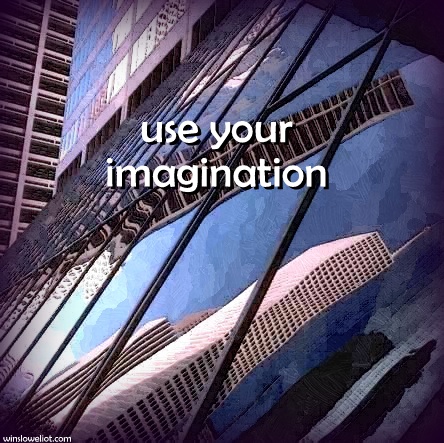
Stillness 6-12: Living abroad as a child, and being raised to regard the world as my garden and everyone in it as my friends (as my parents used to say), made me feel exempt from racism. It simply wasn’t part of our culture. I thought it was something weird, that was taught in some families and, like most prejudices, I did not understand it nor did I care for it. In addition, for the most part while I was growing up, I was the outsider, the foreigner, the stranger. Because of that, I didn’t judge someone because they were tall or short, young or old, had varying shades of skin color, or came from this country or that one. Usually, I hardly even notice how people appear. I don’t call it color-blindness, I call it “seeing.” Ah, they have brown eyes. Ah, that person has long fingers. Oh there is a bird with red feathers. That is a tall tree. He’s got dark skin. She’s from France. Look at the dimple in that baby’s cheek.
But I also know it is not enough just to “see.” We need to shift our focus so that we can perceive an entirely new dimension of human experience. That doesn’t mean becoming judgmental or making assumptions based on appearances. It’s much better than that: it means bringing our imagination into play.
Our power to change the world lies in the creative richness of our imagination. We can imagine all kinds of things: courage, for instance, or being true, or falling in love. If we’re not a politician or a musician, we can still imagine what it’s like to be one. If we’re white, we can imagine what it’s like to be part of a race that is systemically and often brutally mistreated. How does it feel to be constantly harassed? How it feel to be afraid most of the time?
If we don’t use our imagination, we remain blind, no matter how neutrally or compassionately we observe the world. Imagination opens us to a whole new experience of empathy. It inspires the call to action. It ignites the spirit of love. Our imagination beckons us to become part of a tremendous flowering toward justice and equality. It reveals how we’re all in this together.
